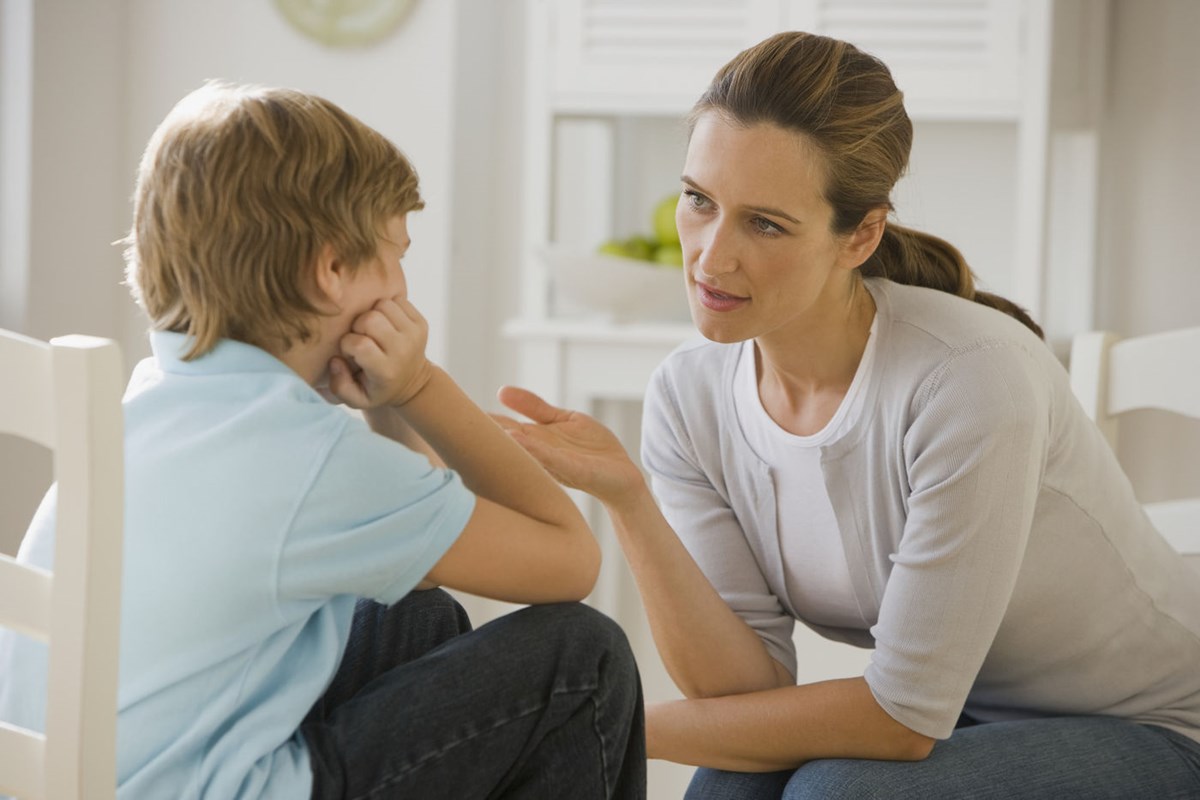
We’ve all seen it, the child who “runs the show” at home, talking back to their parents, and making snarky comments at teachers and other children.
Their rude behavior may shock you, and some adults may even dismiss it by saying things such as “well, kids will be kids”.
But just because a child is young, doesn’t mean they get a free pass at being rude or acting disrespectful.
Of course, the goal isn’t to create a perfect, polished child, who is terrified to even get their hands dirty.
But, you can teach your child basic manners, such as how to treat other people, and live in a civilized society.
Here are 5 ways to teach your children manners that are meaningful and actually work.
1. Actually Teach Manners:Teach your child the basics of having manners, such as saying please and thank you, and not interrupting conversations.
If your child interrupts you while you are talking to another adult, use that moment as a teaching experience, and explain to them it’s not polite to interrupt someone when they are talking, and they have to wait until you are finished.
You can also introduce phrases they can use such as “excuse me”.
2. Practice Gratitude:Teach your child there are always things to be thankful for! Whether it’s a bright sunny day, or even having a warm bed to sleep in at night.
The world teaches the mantra of “never having enough”, and advertisers bombard children with ads telling them they won’t be happy until they have the latest toy or video game.
But in your home, teach your child to appreciate the little things, and to have a heart of gratitude.
At the dinner table each night, try having each person go around and say one thing they are thankful for.
If your child receives a gift for their birthday or a holiday, teach them how to write a quick thank you note.
Creating a heart of gratitude in them while they are young, is setting the stage for a thankful spirit later in life.
3. The Art Of Reciprocal Communication:Teach your child, life isn’t always about them!
Show them how to have a reciprocal conversation, such as if someone asks how they are doing, they can reply, but teach them to also ask how the other person is doing too.
Parents suggested a game you can play with your child to teach them how to have a back and forth conversation:
“Friendly Potato is like hot potato gone slow and chatty. Start by generating some juicy conversational topics, then have pairs of players pass a potato back and forth as they take turns speaking for a minute or two. “It’s a great lesson in awareness,” Faye explains. “A child who has a tendency to talk too much is going to be aware of holding the potato the whole time. Likewise the one-word-response child is going to be aware of constantly tossing the potato back.”
By teaching your child early on the skill of communication, you are setting them up for success later.
4. What Not To Say:As equally important as teaching kids what to say, is teaching them what not to say.
Some children have no filter and spill everything on the playground, including personal family information.
Explain to them not everything mommy and daddy talk about (such as financial issues), should be shared with kids at school.
With that, be careful what you talk about around your children, as they hear more than you think.
If you need to have a serious conversation with your spouse, consider doing it once your child is in bed.
And of course, teach your child it is never okay to say mean things to another person.
5. Lead By Example:And finally, show your children how to act.
Young children are like sponges, they absorb everything, both good and bad. Do you say please and thank you? Do you treat store clerks with respect? Are you polite?
If you are, children will notice. But if you’re rude and constantly snapping at people in public, you are not exactly sending the right message to your child.
As a parent, you have an important role to play in shaping the direction of your child’s life.
If you teach your children manners while they are young, you are helping them develop skills they will use for the rest of their lives.
Children are teachable, so use this opportunity to teach them well!
Do you think children should be taught manners at a young age?
What are some ways you’ve taught your children manners?
Tell us your thoughts in the comments section below.
